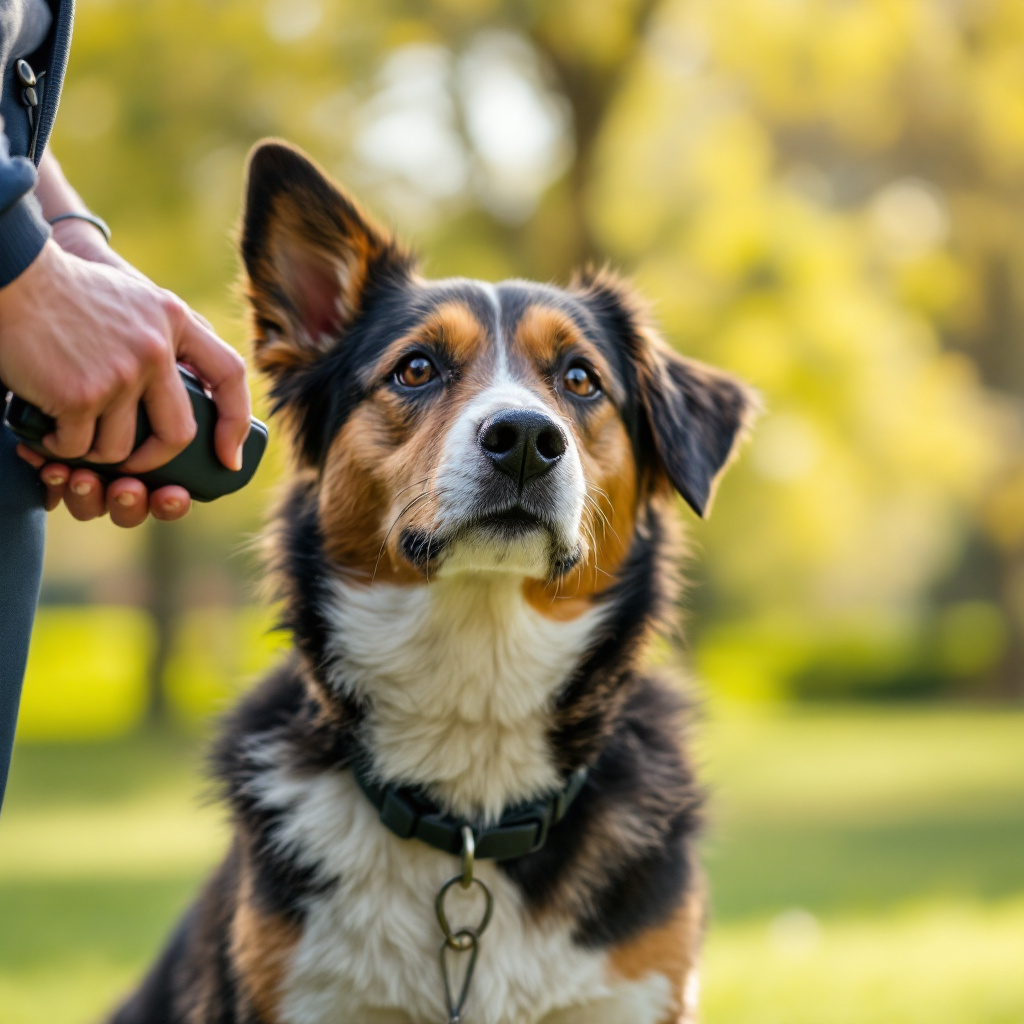Dog tax: What dog owners in Germany should know!
Ah, dogs and their quirks! These fuzzy friends make our lives a little better - full of adventure, but also full of responsibility. One of these responsibilities that is often overlooked is the dog tax. Ouch! Yes, even Bello is not tax-free. But why does the Dog tax How is it calculated and what does it mean for us as dog owners? In this article, we take a deep dive into the world of dog tax and shed light on what there is to know for all dog lovers out there.
Why dog tax? - The basic idea
Gosh, money doesn't grow on trees, does it? Every tax has its justification - well, at least in the eyes of the legislator. Dog tax is one of these municipal taxes that flows directly to the municipalities. But why actually?
- Control of the dog population: One of the primary purposes of the dog tax is to maintain some control over the number of dogs in a municipality. A financial contribution can make potential dog owners think twice before acquiring a four-legged friend.
- Financing of public expenditure: The revenue from the dog tax is often used for dog facilities - think of dog meadows, dog toilets and poo bag dispensers.
- Responsibility of the owner: The tax places a certain responsibility on dog owners. Registering your dog makes it easier to find it if your favourite companion goes missing.

Calculating the dog tax: How much does it cost?
When it comes to money, it gets tricky. The amount of dog tax can vary from municipality to municipality. Interesting, isn't it?
General calculation of the dog tax
The costs are often linked to various criteria:
- Number of dogs: A moderate fee is often charged for the first dog, while additional dogs in the household may be subject to a higher tax.
- Dog breed: Some municipalities differentiate dog tax by breed. Certain dog breeds that are considered potentially more dangerous can lead to a higher tax.
- Special circumstances: Guide dogs for the blind or other assistance dogs are generally exempt from dog tax.
Registering and deregistering dogs: The bureaucracy behind Bello
Registering and deregistering the dog with the respective municipality is another important point. And let's be honest, nobody loves filling out forms, but what must be done, must be done.
How to register your dog
Before the little furry friend moves into your household, you should find out about the exact registration procedure:
- Ask your local town hall about the registration process.
- Bring the necessary documents with you, e.g. proof of purchase or proof of vaccination.
- In return, you will receive a dog tag as proof of registration.
Elegance when logging off
Yes, dogs can also move or, in the worst case, die. If they do, don't forget:
- Deregister the dog with the municipality and return the dog licence if necessary.
- Carry all the necessary documents for a smooth deregistration.
Consequences of the dog tax: a question of responsibility
There is not only the financial side of dog tax. Paying it also means being aware of your role as a dog owner.
Legal consequences: Failure to pay the dog tax can lead to fines and, in extreme cases, legal action. Oops, nobody wants to experience that!
Community obligations: Dogs should not just be seen as pets, but as part of the community. An appropriate payment of the tax contributes positively to the overall structure of the city.
A small final thought...
Okay, the dog tax may not be a pleasant necessity, but it does have its purpose. So, the next time you take Bello or Bella for a walk - picking up the poo is not all there is to the responsibility. Dog tax is a must for serious dog lovers. And remember: a happy dog usually means a happy person on the lead!
FAQs on dog tax
How much tax do you pay for dogs?
The dog tax varies depending on the municipality, but in general it can be said that it is usually between 90 and 120 euros per year for the first dog. Some municipalities charge 180 euros for each additional dog. For dogs categorised as dangerous, the costs can even go up to 600 euros per year.
How much is the dog tax per year?
The exact amount of dog tax depends on the respective city or municipality. In most areas, however, it is around 90 euros per year, although dangerous dogs can be charged up to 600 euros per year. For more detailed information, dog owners should contact their local tax office.
Is dog tax compulsory?
Oh yes, dog tax is an official obligation for all dog owners in Germany. Everyone who keeps their dog privately must pay the tax. Failure to register or pay the tax on time can result in a fine of up to 10,000 euros, so it's better to be on the safe side!
Author
-

David is a passionate aquarist with more than 20 years of experience in setting up and maintaining freshwater and saltwater aquariums. He specialises in the biodiversity of aquatic ecosystems, aquascaping and the species-appropriate keeping of aquarium fish. His articles on haustierewissen.de are a treasure trove for aquarium enthusiasts looking for sound advice and creative ideas for their underwater worlds.
View all posts




